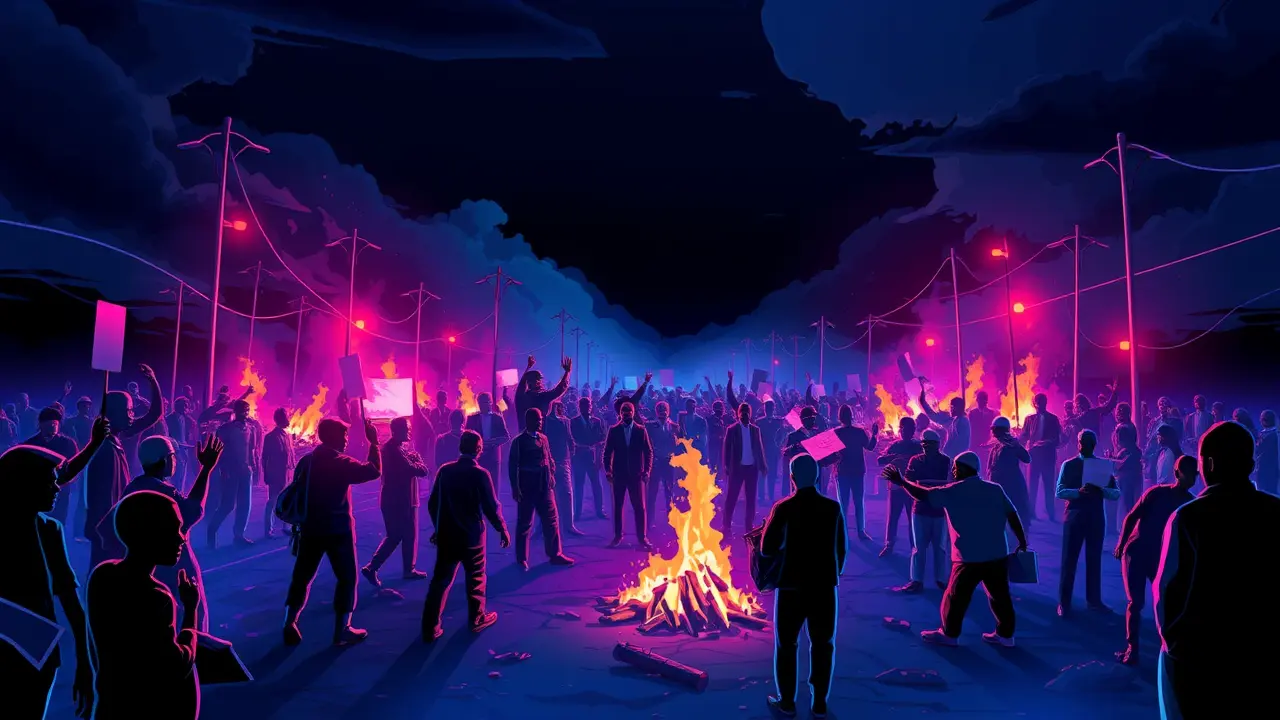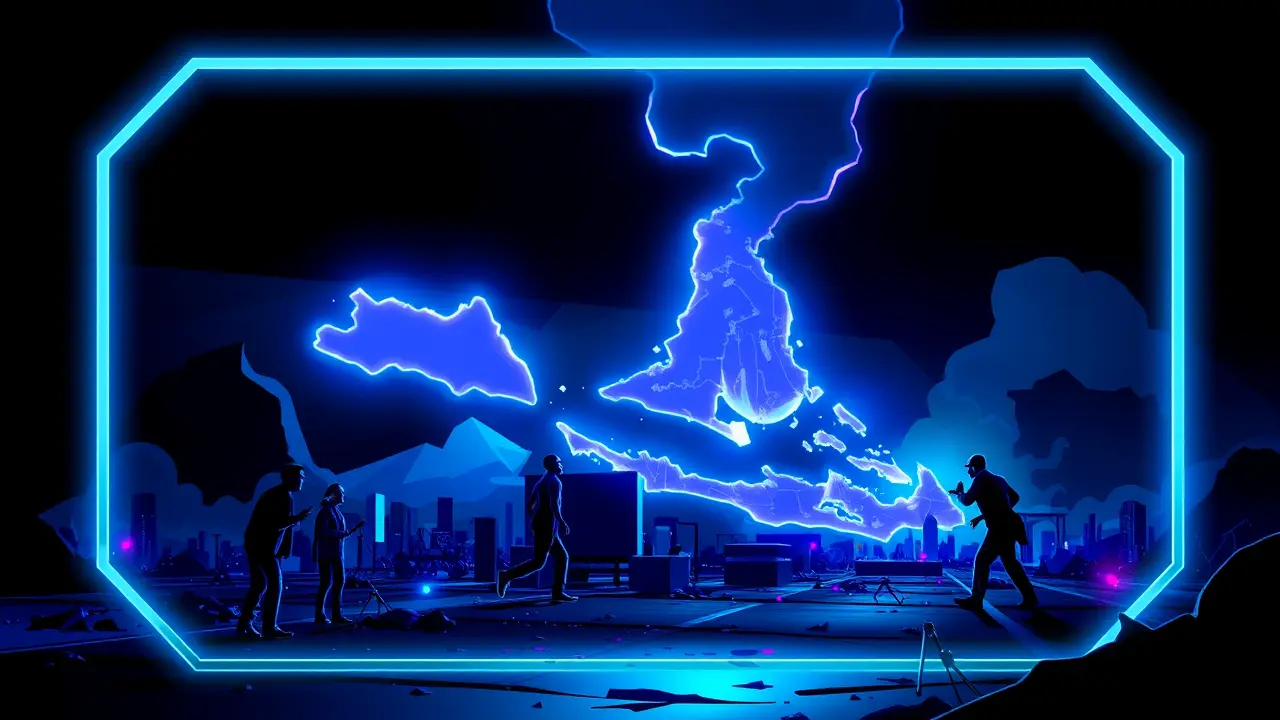
PoliticselectionsPost-Election Analysis
Tanzania Opposition Claims Hundreds Dead in Post-Election Violence.
EM
Emma Wilson
2 days ago7 min read
The political landscape in Tanzania has been fractured by a wave of post-election violence so severe that the nation's main opposition party is now claiming a death toll in the hundreds, a catastrophic development unfolding under the shroud of a government-imposed internet blackout that has severed the country from the outside world and muffled the cries of its citizens. As of Friday, the grim protests that erupted following Wednesday's contentious election showed no signs of abating, with a security source and a diplomat based in the bustling coastal capital of Dar es Salaam both corroborating, in hushed and urgent tones, that the number of fatalities had indeed reached a horrifying scale.This crisis represents a profound test for President Samia Suluhu Hassan, who had sought to consolidate her power and silence internal critics within her own Chama Cha Mapinduzi (CCM) party through an emphatic electoral victory, a political gambit that appears to have catastrophically backfired, unleashing a torrent of public fury. The government's steadfast denial of employing 'excessive force' rings hollow against the mounting accounts of bloodshed, creating a chilling dissonance between the official narrative and the harrowing reality on the ground, where the fundamental rights to assembly and expression are being met with a brutal and disproportionate response.This is not an isolated incident but rather a continuation of a deeply troubling pattern in East African politics, where the delicate transition of power is often marred by accusations of electoral fraud and state-sanctioned violence, echoing the dark chapters of Kenya's 2007-2008 post-election crisis or the ongoing tensions in Uganda. The strategic silencing of digital communication channels is a tactic straight from the modern authoritarian playbook, a deliberate act to control the flow of information, prevent the organization of further dissent, and obscure the true extent of the human cost from the scrutinizing eyes of international bodies and human rights organizations like Amnesty International and the UN Human Rights Council.For the people of Tanzania, a nation once hailed as a beacon of stability in the region, these events are a devastating blow, shattering the fragile peace and threatening to reverse years of painstaking progress. The international community, particularly regional powerhouses like the African Union and the Southern African Development Community (SADC), now faces a critical moment of reckoning; their response—or lack thereof—will set a powerful precedent for how democratic backsliding and state violence are tolerated on the continent.The consequences of this turmoil will be far-reaching, potentially destabilizing regional trade, triggering refugee flows into neighboring Kenya and Mozambique, and scaring away the foreign investment so crucial for Tanzania's economic development. As the blackout persists, the world is left waiting for a flicker of truth from a nation plunged into darkness, hoping that the voices of the bereaved will not be permanently silenced and that accountability will eventually prevail over impunity.
#Tanzania
#election violence
#protests
#internet blackout
#government denial
#opposition
#featured
Stay Informed. Act Smarter.
Get weekly highlights, major headlines, and expert insights — then put your knowledge to work in our live prediction markets.
Related News
Comments
It’s quiet here...Start the conversation by leaving the first comment.
© 2025 Outpoll Service LTD. All rights reserved.










